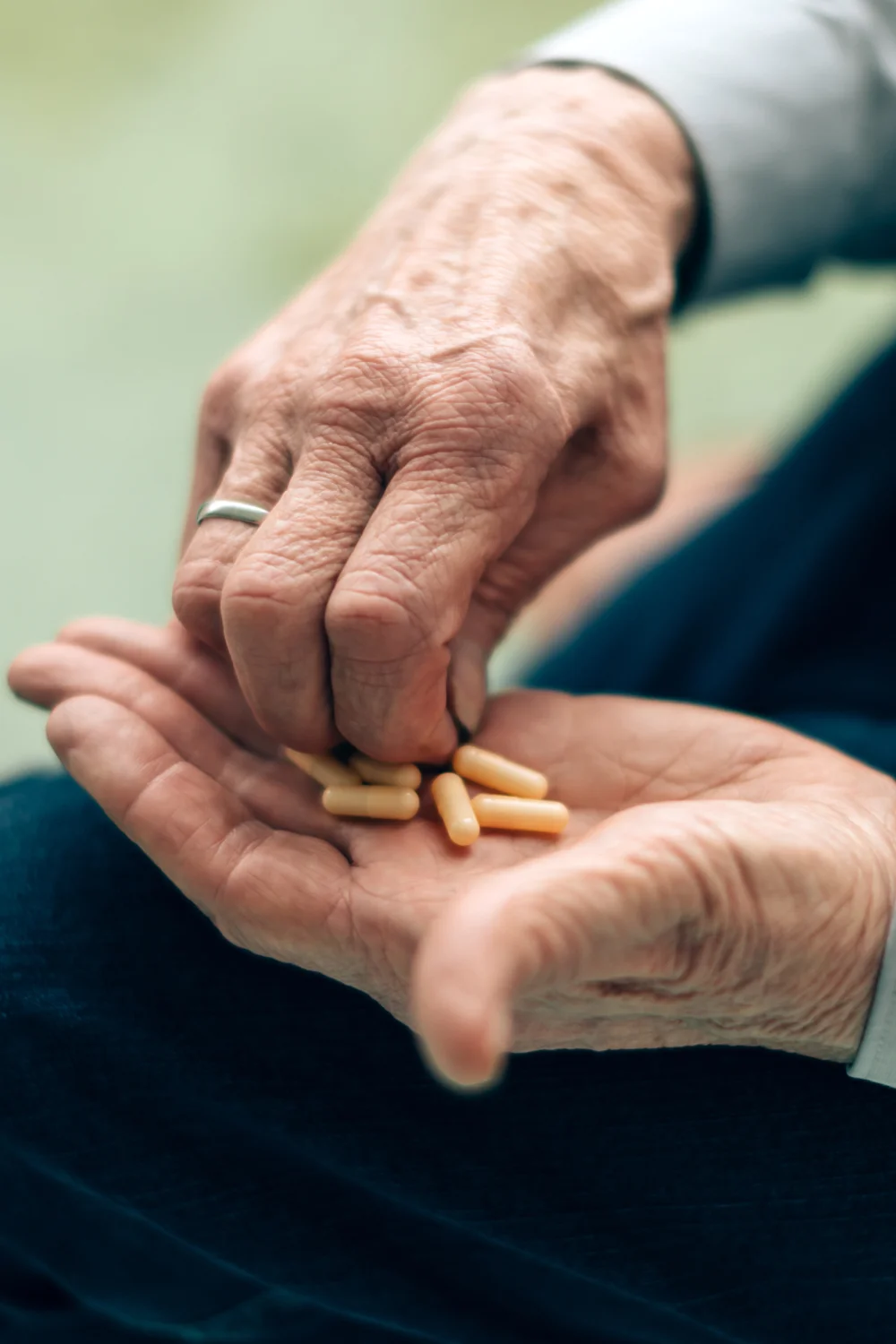Words hold immense power, shaping experiences, emotions, and even brain chemistry.
When it comes to addiction recovery, the choice of language can significantly influence an individual’s journey.
This concept begs the question: Are we promoting healing when we use terms like “cured,” or are we undermining the complex nature of recovery?
Understanding the difference between cured vs. recovered is essential for anyone navigating the complexities of addiction.
Cured vs. Recovered: The Power of Language in Addiction Recovery

Language doesn’t merely reflect our realities; it creates them.
In the context of addiction recovery, the words we choose can either empower individuals or reinforce societal stigma. The conversation around cured vs. recovered shapes our understanding of addiction and influences treatment approaches.
Describing someone as “cured” may imply a finality that oversimplifies a lifelong process. Conversely, using the term “recovery” acknowledges the complexity and acknowledges an ongoing journey marked by growth and change.
When we discuss the addiction recovery process, it’s crucial to recognize that cured vs. recovered is not just a matter of semantics.
Supportive, empowering language fosters a collaborative atmosphere between healthcare professionals and patients. When treatment providers use inclusive and affirmative language, patients feel valued and understood, significantly enhancing their engagement in the recovery process.
This creates a supportive atmosphere that encourages individuals to remain engaged in their healing journey.
How Recovery Language Shapes Treatment Outcomes
Programs that adopt a language-focused approach can create environments where individuals feel empowered to find their voice. It’s important to differentiate between sobriety vs. recovery, as the former often refers to abstaining from substances, while the latter encompasses a broader journey of healing.
Supportive, empowering language fosters a collaborative atmosphere between healthcare professionals and patients. When treatment providers use inclusive and affirmative language, patients feel valued and understood, significantly enhancing their engagement in the long-term recovery process.
Furthermore, framing recovery as a journey rather than a destination resonates deeply with many individuals. Accepting that setbacks are part of the growth process allows patients to approach challenges with resilience rather than shame.
Ultimately, the distinction between cured vs. recovered helps individuals set realistic expectations for their journey.
Related: Does Alcohol Show Up on a Drug Test for Work? What You Need to Know
The Problem with “Cured” in Addiction Treatment
While the idea of being “cured” may sound appealing, it presents a problematic viewpoint on addiction treatment success. A “cure” implies a definitive end to the struggle, which can be misleading for those battling a chronic condition like addiction.
Medical Definition of “Cure” and Why It Doesn’t Apply
The medical definition of “cure” typically refers to the eradication of a disease and the return to a state of complete health.
Unfortunately, this line of thinking can lead to misunderstandings about the nature of addiction and the addiction recovery stages as a whole.
Unlike infectious diseases, addiction is often characterized by cycles of relapse and recovery, with many individuals needing ongoing support for years, if not a lifetime.
Viewing addiction through the lens of a “cure” disregards the complexities of brain chemistry, emotional struggles, and social factors that contribute to addiction. It undermines the ongoing journey and minimizes the bravery of those who battle this condition daily.
The Dangerous Implications of Viewing Addiction as “Curable”
Consider the ramifications of viewing addiction as “curable.”
The belief that individuals can simply return to “normal” leaves little room for the unpredictability of recovery. The addiction healing process is deeply personal and can vary widely from one individual to another. When someone believes they are “cured,” they might ignore the support they still need or dismiss relapse as a failure rather than part of a dynamic recovery process. This can lead to discouragement, isolation, and eventually, a return to substance use.
By promoting the notion of “cure,” we could inadvertently encourage individuals to feel shame or inadequacy when they experience setbacks.
The Value of “Recovery” as a Continuous Journey

Recovery isn’t a one-time event but rather a continuous journey, one that evolves over time. Recognizing this is crucial for anyone seeking healing from addiction.
Understanding Recovery as an Ongoing Process
Rather than framing recovery as a fixed endpoint, it’s vital to embrace it as an ongoing process that encompasses personal growth and transformation.
Every individual’s recovery path is unique, filled with twists and turns, victories and challenges. Celebrating small milestones along the way fosters a sense of accomplishment, reinforcing the belief that recovery as a continuous journey is possible — even in the face of setbacks.
How “Recovery” Language Supports Relapse Prevention
Using “recovery” language fosters an environment where individuals feel comfortable seeking help when they need relapse prevention strategies. It promotes accountability while normalizing the challenges that come along with the journey. The dialogue around cured vs. recovered is essential in fostering a culture of understanding and support for those affected by addiction.
Moreover, supportive language reminds everyone involved that recovery is a shared experience, which enhances community support.
Emphasizing a recovery-focused dialogue helps put relapse in perspective. Instead of seeing it as a failure, it can be viewed as a part of the learning process—an opportunity to adjust strategies and strengthen resolve.
This shift can make all the difference in maintaining a long-term commitment to maintaining sobriety.
Related: The Psychology Explained: Do True Feelings Come Out When Drunk?
Impact of Language on Support Systems
Language extends beyond individual experiences; it also permeates family dynamics and other recovery support methods. The way loved ones communicate about addiction can significantly affect recovery outcomes.
How Word Choice Affects Family Dynamics in Recovery
Familial relationships are crucial during recovery, and language choices can make or break these connections. The addiction healing process is deeply personal and can vary widely from one individual to another.
Words of support, encouragement, and understanding create a foundation for healing, while judgmental or critical language can lead to further isolation and estrangement.
In family discussions, it’s vital to choose words that reflect empathy and support. Avoid labeling or defining someone solely by their addiction; instead, recognize them as individuals who are navigating a complex journey.
Open, honest communication fosters an environment of trust, allowing families to navigate this challenging process together.
Explore our family program to get holistic support not just for yourself, but for your family members, too.
Begin Your Recovery Journey at The Springboard Center
Developing sustained recovery techniques is crucial for maintaining long-term sobriety and well-being — and at The Springboard Center, we help you do just that.
Our rehab in Midland, Texas focuses on healing the mind, body, and spirit through evidence-based practices and 12-step principles through our sober living facility and intensive outpatient program.
If you or a loved one are ready to make a change, we invite you to take that first step. Embrace the journey of recovery, equipped with the knowledge that you are not alone. Contact us to get started on your recovery journey.




